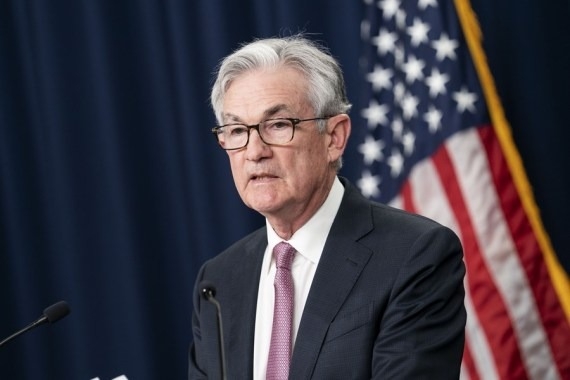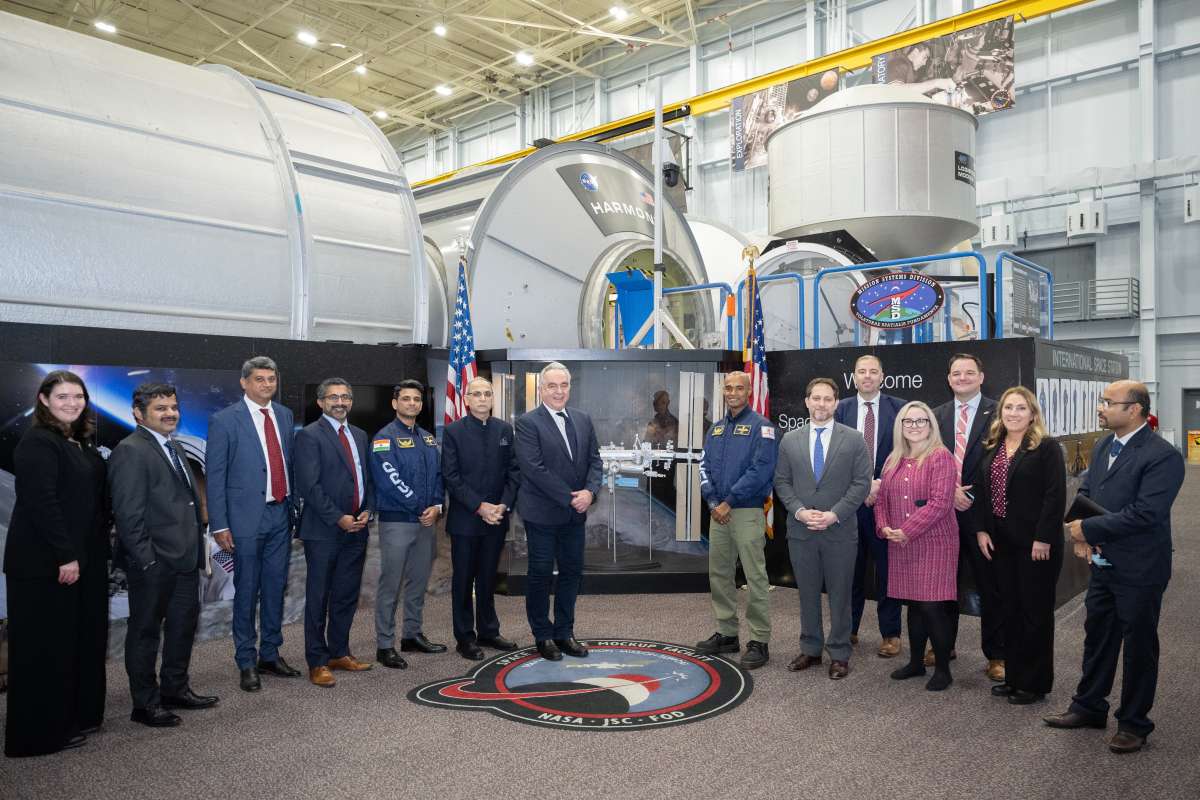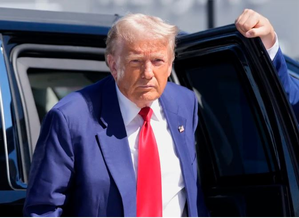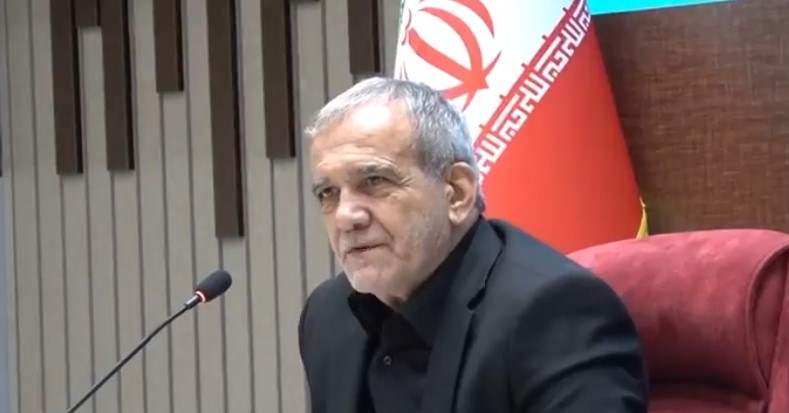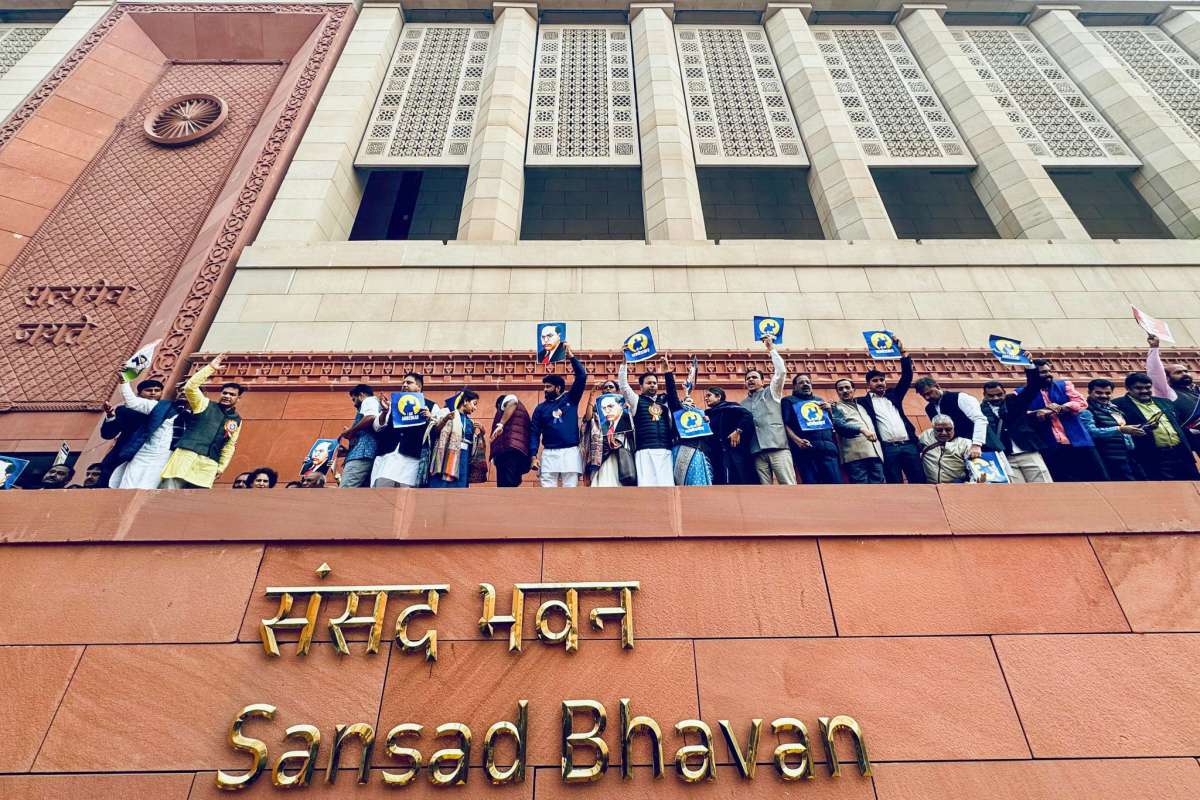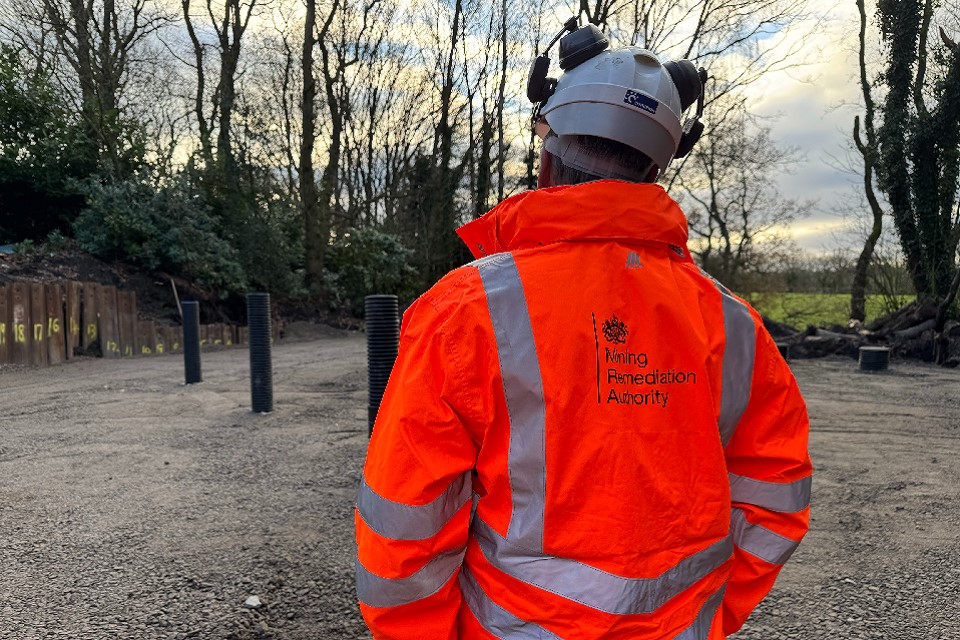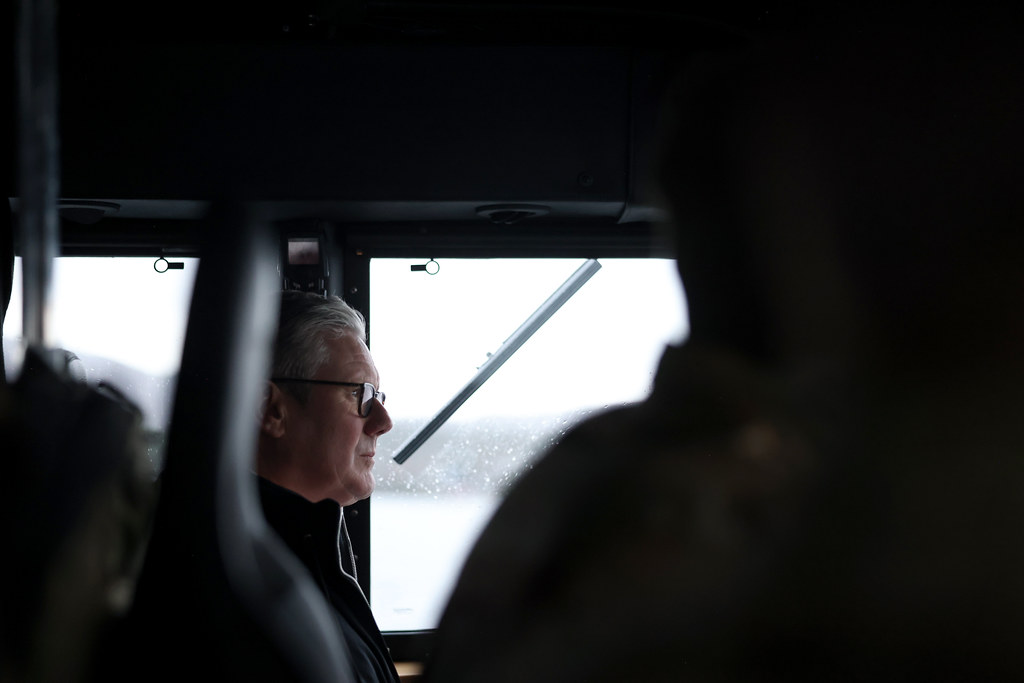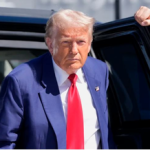Interest rates are already a partisan issue going into November, where the economy and inflation are seen as the big issue for voters. …reports Asian Lite News
The final phase in Federal Reserve Chairman Jerome Powell’s inflation battle is set to collide with another obstacle – the 2024 presidential election. This sits ahead of a tipping point expected on Wednesday, when the Federal Reserve will announce whether it will cut interest rates for the first time since March 2020.
Interest rates are already a partisan issue going into November, where the economy and inflation are seen as the big issue for voters. Republican politicians warn that cutting rates would harm the Federal Reserve’s credibility. Democrats have called on the Fed to cut rates for months. Powell has paid those directions little notice, instead using public appearances to repeat his data-driven narrative.
Today, the data points towards a rate cut. The Fed’s preferred inflation measure is at 2.5 per cent and seen as on a sustainable path back to the Fed’s 2 per cent goal. The labour market is softening, with the unemployment rate now at 4.2 per cent.
Now, Powell aims to stick to the landing. Doing so will require a careful calibration of interest rate cuts to not send the economy tipping into a recession. But looming behind the 2024 election is the potential return to office for Donald Trump, whose recent comments threaten to undermine the Fed’s independence.
“I feel the president should have at least [a] say in” monetary policy decisions, Mr Trump told reporters at his Mar-a-Lago estate in Palm Beach, Florida, about a month ago.
“I think that in my case, I made a lot of money, I was very successful, and I think I have a better instinct than in many cases, people that would be on the Federal Reserve or the chairman,” said the former president on August 8.
Should he return to office, Trump could dismantle the guardrails that have protected the Fed for decades, said David Wilcox, senior fellow at the Peterson Institute for International Economics and director of US economic research at Bloomberg Economics.
“The potential for institutional damage is quite great, and the task of repairing any damage along those lines would be the work of many, many years, if not decades,” Wilcox said.
The consensus among economists is clear – politicians should not interfere with central banks. Mainstream economists argue independent central banks are best equipped to tackle inflation because of their long-term view, as opposed to an electoral focus. Independent central banks also help to anchor inflation expectations, which is critical to price stability.
“The record is pretty clear that that’s a good, intentional arrangement that serves the public well,” Powell told politicians in July. While the Fed is accountable to Congress, it enjoys broad independence to implement monetary policy decisions, and for the most part, without political pressure. This level of independence helps to secure the US dollar as the world’s reserve currency.
The Fed’s independence is “critical”, said Ryan Sweet, chief US economist Oxford Economics. “A tremendous amount of research has shown that countries with independent central banks have more economic stability,” he said.
“When inflation is typically lower, the labour markets perform better. So shielding … any central bank from political pressure is typically in the best interest of the economy.”
Vice President and Democratic nominee Kamala Harris has said she would never interfere with the Fed’s independence. The Fed has not always taken the long-term view.
This year’s electoral cycle conjures memories of former Fed chairman Arthur Burns, who caved in under pressure by president Richard Nixon to cut rates in 1970 even when the economy showed signs of overheating. Mr Nixon won re-election two years later, but the resulting decades were defined by a period of stagflation.
ALSO READ: Starmer Renews Special Ties With the US
